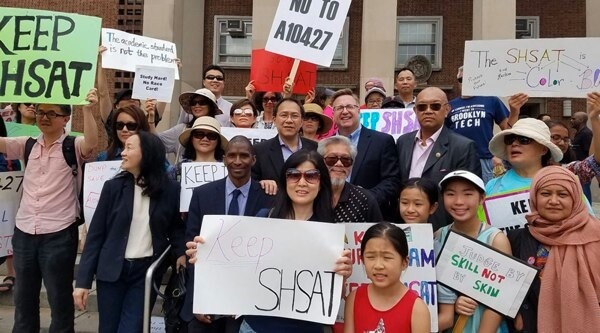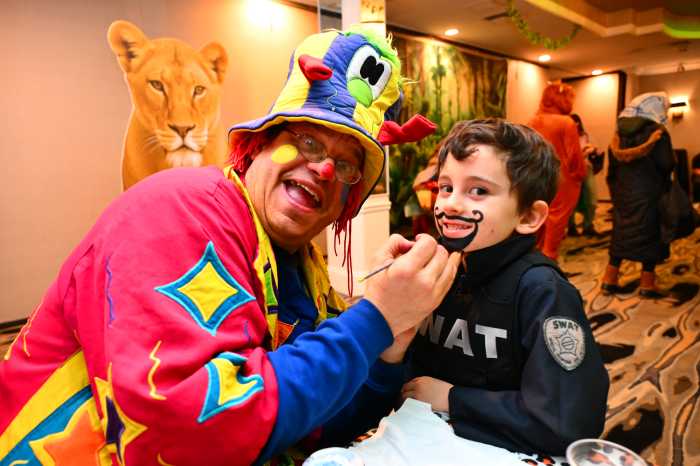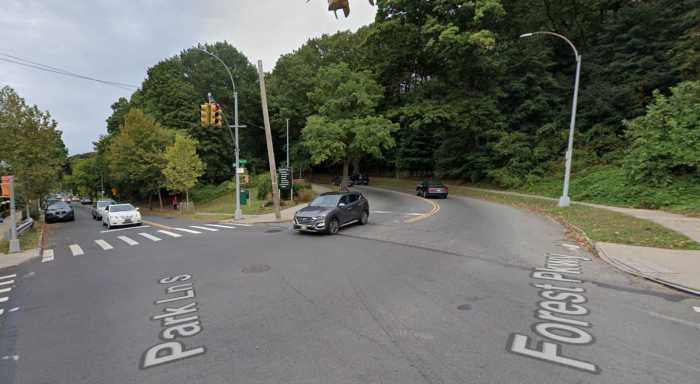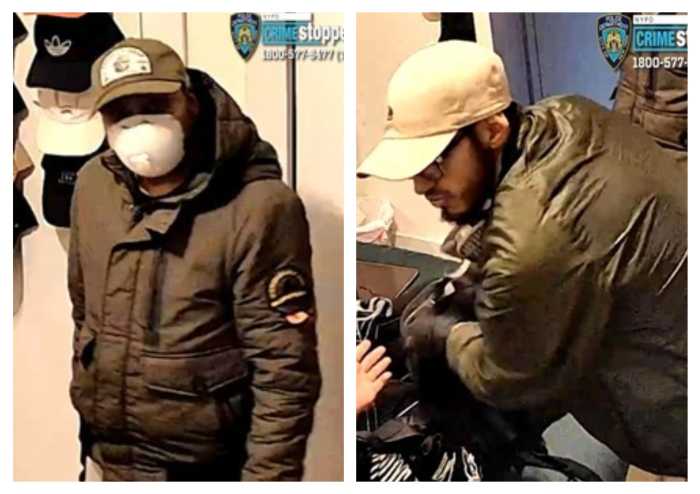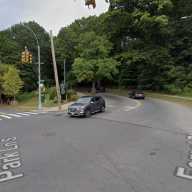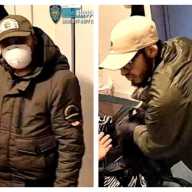By Steven Goodstein
Can a highly criticized test stand the test of time?
A rally was held in Bayside late last week to emphasize the importance of the SHSAT in the aftermath of Mayor Bill de Blasio’s proposal to eliminate merit-based testing for the city’s specialized high schools earlier this month.
The June 21 rally, which was held at Nathaniel Hawthorne MS 74, 61-15 Oceania St., gave those in attendance the opportunity to voice their opinions on why the SHSAT is both necessary and beneficial to high school students.
A bill to put an end to the SHSAT was introduced by state Assemblyman Charles Barron (D-Brooklyn). Instead of a test, the new system Barron proposed would guarantee a spot at a specialized high school for every middle school student in the top 7 percent, as opposed to a student being admitted solely on the SHSAT test score.
For the bill to become a law, it must be approved in Albany by the Assembly, Senate and Gov. Andrew Cuomo.
De Blasio’s proposal to drop the SHSAT is a response to the latest test score statistics, which reveal that only 10 percent of black or Latino students who attended public schools in New York City eventually receive offers to attend specialized high schools, even though nearly 70 percent of public high schools are made up of black or Latino students.
The percentage of black and Latino students admitted to these highly competitive schools has generally remained the same for the past decade.
In contrast, more than 60 percent of last year’s specialized high school students were Asian, even though Asian students only make up 16 percent of the population in the city’s public schools.
De Blasio’s plan to do away with the SHSAT includes a new system that would admit students by their middle school class ranking as well as their statewide standardized test scores, pending the Legislature’s approval. One change, already approved by the city, will reserve 20 percent of seats in Specialized High Schools for students of low-income families, starting in fall 2019. Potential students have an opportunity to gain entry by attending the Discovery Program, a summer school session.
“Eliminating the SHSAT is not the answer,” said political candidate David Bressler, who spoke at the rally outside MS 74. “If we do away with this test, we are lowering our country’s educational standards, while giving society the impression that test preparation and high test scores are obsolete.”
Bressler, who is challenging Edward Braunstein (D-Bayside) on the GOP line for an Assembly seat, also spoke at Sunday’s “Rally to Save the SHSAT and for Community Unity” Sunday at Queens Borough Hall, located at 120-55 Queens Blvd. The rally drew other big names such as Bob Chou, deputy assistant to the speaker of the state Assembly, Assembly Felix Ortiz, as well as longtime SHSAT advocate David Lee, vice president of the Chinese-American Citizens Alliance.
“Giving students a pass from taking the SHSAT is teaching them the wrong lesson – that they don’t need to work hard to be successful and that they are entitled to everything,” said Phil Orenstein, president of the Queens Village Republican Club, who also acts as Bressler’s campaign manager. “In reality, there is no success like failure – because failure will prepare them for life’s challenges.”
Orenstein further argued that the test is totally impartial, with no preference in regards to race or ethnicity. In order to fix the highly discussed diversity issue among specialized high schools, Orenstein suggested that more funding should go toward SHSAT test preparation.
The three-hour SHSAT, composed of more than 100 questions, includes both English and math sections. The math section includes multiple-choice questions as well as computational problems.
Specialized high schools are intended to educate students who are both academically and artistically gifted. Students who attend these schools learn from a more rigorous curriculum than students at public high schools.
In total, there are nine specialized high schools. The only specialized high school in Queens is the Queens High School for the Sciences at York College, founded in 2002.
SHSAT’s were approved by the Legislature in 1972 as the only option for a student to gain admission in an attempt to halt the efforts of intentionally diversifying these schools without merit.
Reach Steven Goodstein by e-mail at sgood

